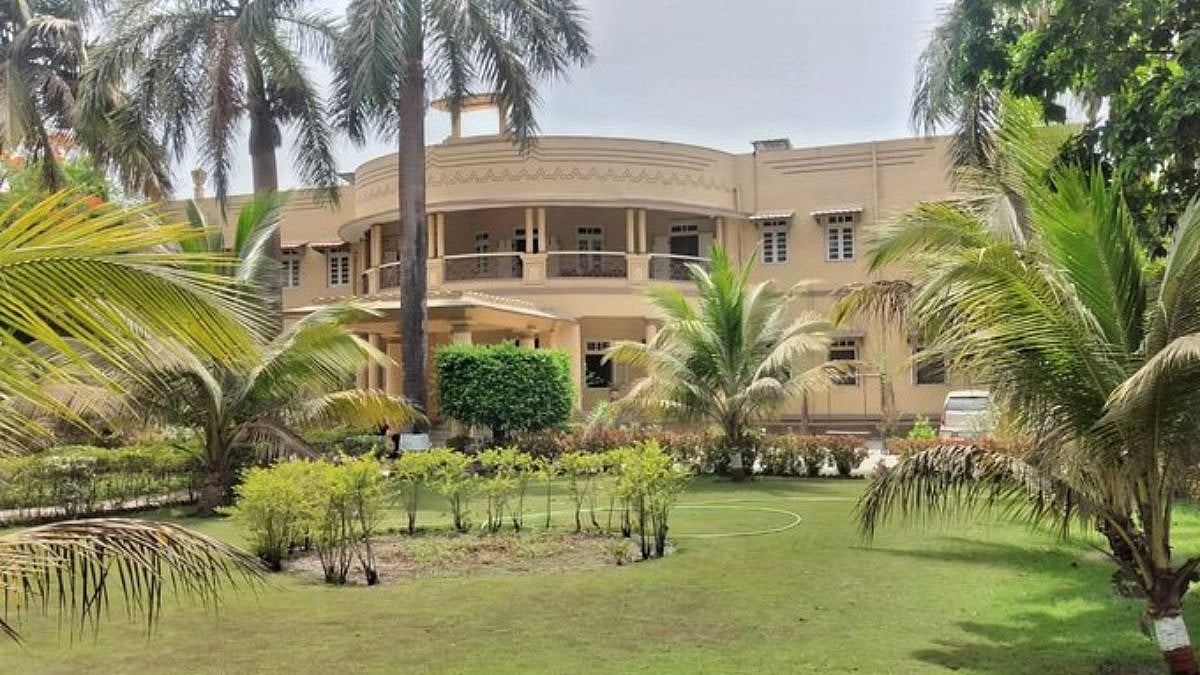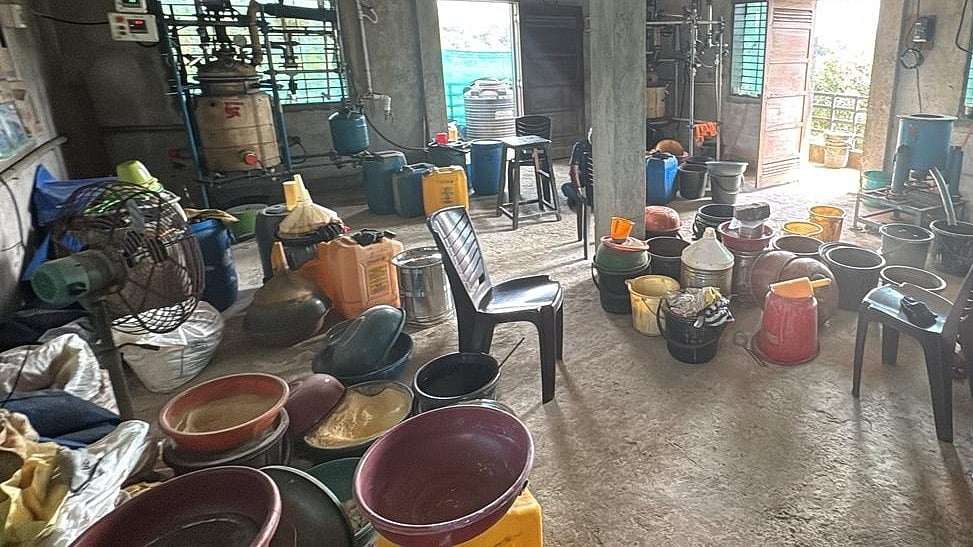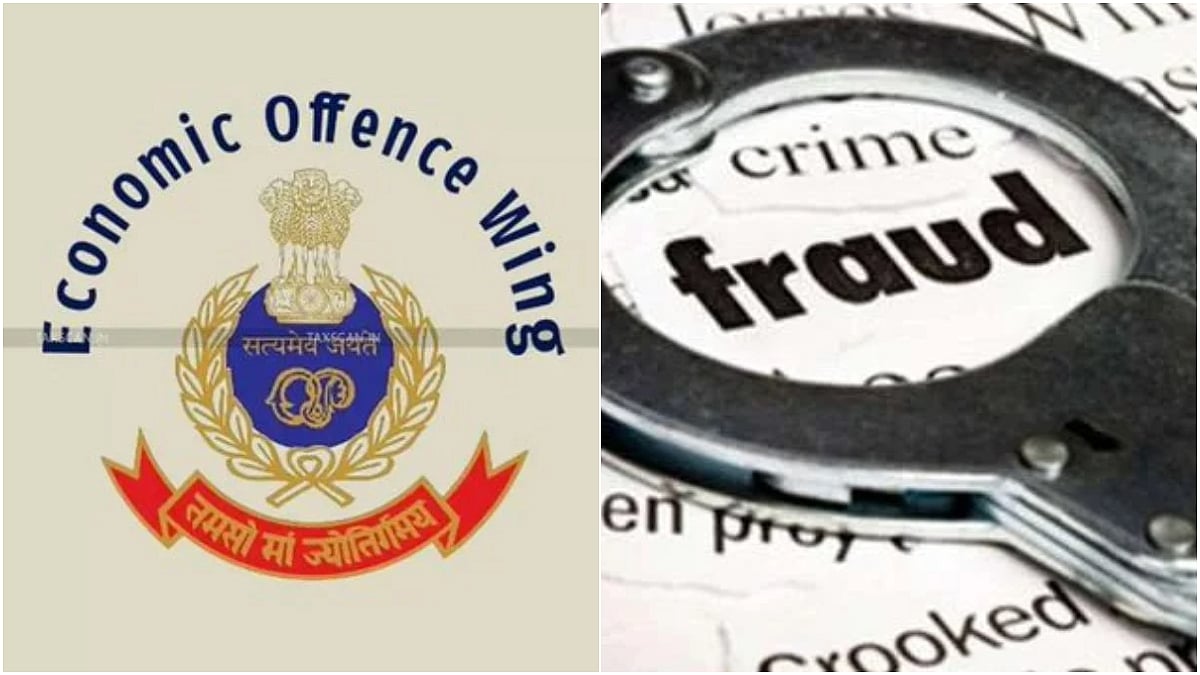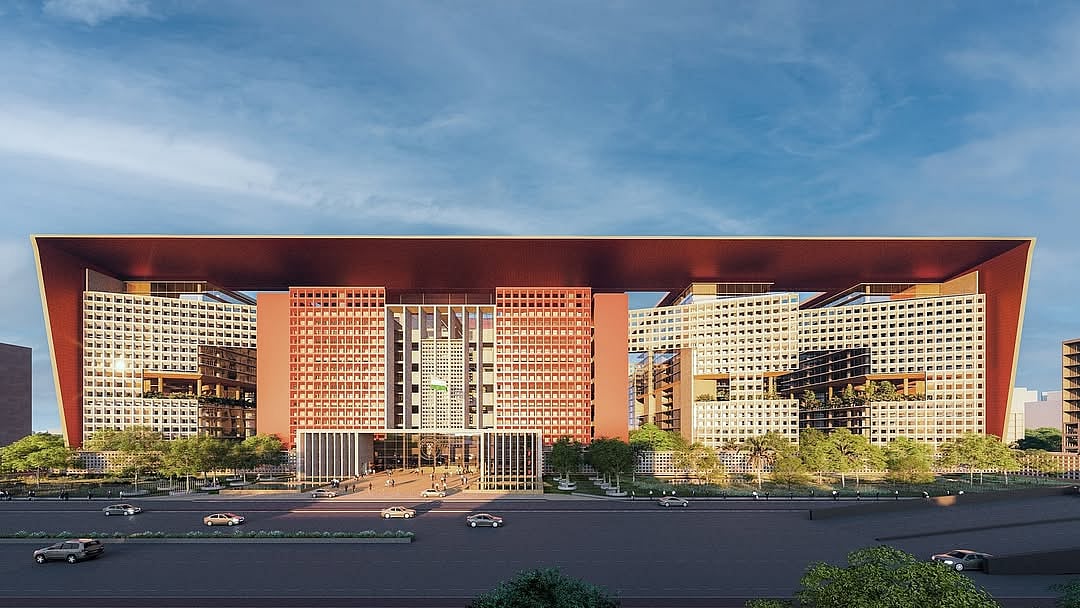Mumbai: Parsis opposing the sale of the Bai Maneckbai P. R. Jeejeebhoy Sanatorium in Sanjan, Gujarat, have informed the World Zoroastrian Organisation (WZO) Trust Funds which manages the facility that they will file fresh caveats every three months to ensure the property is not sold without the community’s knowledge.
In a separate development, the WZO Trust Funds denied claims by the Daviervala family that the house, which later became the sanatorium, had been sold at a nominal price. The trust maintained that the family has no locus standi in the matter and cannot interfere in the sanatorium’s affairs.
Auction Cancelled After Donor Steps In
The WZO Trust Funds had earlier cancelled the auction process for the sanatorium after an anonymous donor offered funds to sustain the loss-making facility. The proposed sale had sparked a strong backlash among members of the Parsi community, who said the property a long-standing community institution must be preserved.
The caveat filed in October 2025 will remain in force until January 19, 2026. Advocates Khusro and Rayomand Zaiwala, who filed the caveat, said that fresh caveats will continue to be filed because no permanent financial solution has yet been established for the facility’s maintenance.
Proposal to Generate Revenue from the Property
Advocate Rayomand Zaiwala suggested that since the sanatorium is located in a prime industrial zone adjacent to the Sanjan railway station, the WZO could construct a general hall at the edge of the property and rent it out to generate revenue.
“This revenue could ensure the sanatorium’s upkeep and protect it from future threats of sale,” Zaiwala said.
Sanjan’s Religious and Cultural Significance
Sanjan holds deep historical and religious significance for the Parsi community, as it marks the site where Parsis first landed in India 1,300 years ago. The place is also sacred because the Iranshah Fire, the holiest fire in Zoroastrianism now enthroned in Udwada was first consecrated in Sanjan.
Trust Defends Sale Deed and Denies Wrongdoing
Dinshaw Tamboly, Chairman of the WZO Trust Funds, clarified that the sale of the property through a Deed of Conveyance dated March 14, 1997, executed by Dinabai Daviervala in favour of the Trustees of the WZO Trust Fund, was an absolute sale conducted at the prevailing market price.

He emphasised that there was no concession, conditional transfer, or restriction attached to the transaction. The trust further denied that the proposed sale violated the deed, stating that the decision was taken after due deliberation and in the best interests of the trust and the Parsi community.
“The trustees have acted in accordance with the law, with the sole intention of promoting the trust’s charitable objectives,” the statement read. The WZO Trust Funds also pointed out that the Daviervala family did not object when a portion of the property was sold in 2017–18.
Advocate Zaiwala confirmed that they are preparing a formal reply to the trust’s recent letter.






